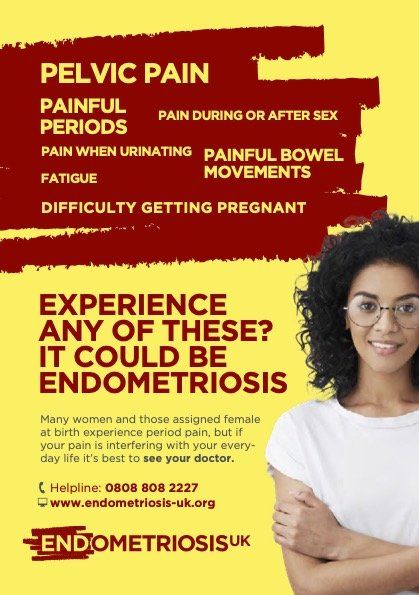Myalgic encephalomyelitis (ME)
Chronic Fatigue Syndrome (CFS)
End discrimination against these conditions, being called just all in the mind and not a physical ailment by medical professionals because mostly suffered by women.
myalgic encephalomyelitis (ME)
- Educate so end medical staff at NHS hospitals not believing or taking seriously ME / CFS symptoms and speculating that it is a mental illness /
eating disorder,
even though it is stated by WHO (World Health Organisation) and
The National Institute for Health and Care Excellence (NICE) that ME is a physical and complex neurological illness. - ME patients be treated in NHS hospitals in accordance with the NICE guidelines for ME.
- ME to be believed and ME /CFS to be recognised that this is not a psychological/mental illness.
- ME patients in NHS hospitals to be seen by specialists with extensive knowledge of severe ME.
- ME patients in NHS hospitals to be fed with a PEG tube, being fed at 5 degrees and to come home as soon as possible.
- ME patients being released home into a quiet environment as soon as possible.
- Ending NHS hospitals insisting that ME patients have to be between 25 - 45 degrees for nasogastric tube (NG) feeding. ME patients cannot tolerate this due to their symptom of severe
Postural Orthostatic Tachycardia Syndrome (PoTS).
NG feeding tube guidelines are based on stroke patients and are not relevant to ME patients.
- ME patients to be placed in a quiet side ward in NHS hospitals.
- ME patients in NHS hospitals to be able to have family visit whenever, as ME patients are so unwell and need support and advocacy all the time.
‘The M.E.-Friendly Hospital Charter’
- Patient and Carer Expertise: The individual with M.E. and their carers are the most knowledgeable about their condition. Their insights and experiences should be prioritised in care planning and delivery.
- First, Do No Harm: Hospital staff must be vigilant in avoiding actions or treatments that could exacerbate M.E. symptoms. Even seemingly minor interventions can have significant negative effects.
- Mandatory Reading of 2021 NICE Guidelines: All staff involved in the care of M.E. patients are required to familiarise themselves with the 2021 NICE Guideline as a minimum standard of practice.
- Avoid Encouraging
Over-Exertion:
Patients with M.E. should never be encouraged or forced into over-exertion. Staff must understand that even minor activities such as exposure to light, short conversations, or sitting up in bed, can be overwhelming. - Comprehensive M.E.-Specific Care Plan:
A detailed, individualised care plan must be developed for each M.E. patient as soon as possible and strictly followed to ensure their needs are met effectively. - Must create environments that are ME/CFS-appropriate. This includes providing quiet and dimly lit spaces, access to personal items like eye masks and ear defenders, and ensuring that all care is tailored to the needs of ME patients.
- Encouraging ME patients to be mobile can be counter-productive or cause actual harm.
What is ME?
National Institute for Health and Care Research, 24 August 2023:
“Women with ME/CFS [chronic fatigue syndrome] tend to have more symptoms and co-occurring conditions than men. This is according to initial results from the world’s largest study of the disease”.
“It has long been known that women are more likely to have ME/CFS (myalgic encephalomyelitis/chronic fatigue syndrome). But the DecodeME study has shown for the first time how their experience differs from men”.
“The study also shows that women who have had ME/CFS for more than 10 years are more likely to experience more severe symptoms as they age”.
”The study confirmed the well-established sex bias among ME/CFS patients, with women making up 83.5% of respondents”. ...
WHAT IS ME/CFS?
”ME/CFS is a long-term neurological condition where an excessive increase in symptoms can be triggered by normal levels of exertion. It is estimated to affect more than a quarter of a million people in the UK, of all ages and from all social and economic backgrounds. Its key feature, called post-exertional malaise, is a delayed dramatic worsening of symptoms following minor physical effort. Other symptoms include pain, brain fog and extreme energy limitation that does not improve with rest”....

